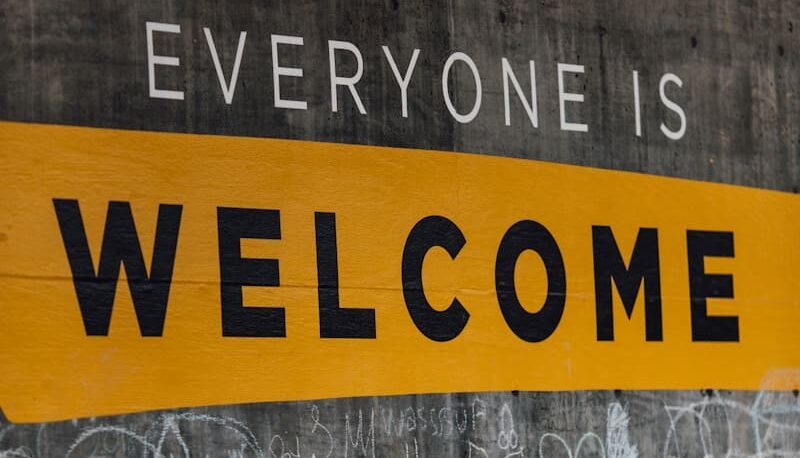Like the humble beginnings of the ancient empire, Rome wasn’t built in a day and neither was social gaming’s success. Social gaming has successfully wiggled its way into every corner of the globe, meaning that social gaming companies have had to put in the work to ensure that their players, no matter their native language, can understand them.
1. Mandarin
With a population of over 1 billion people and a ban on traditional video game consoles that has only just been lifted, it makes sense that much of China’s gaming takes place on smartphones in the social gaming space. Local Chinese company Tencent have taken advantage of their language skills, developing games like the popular, online first person shooter (FPS) Crossfire, which is one of many games in their portfolio that has helped them to become a $100 billion company.
2. Spanish
Being the second most natively spoken language on the planet (according to statistics), Spanish is the obvious language of choice for developers to translate their games to. As of this year, popular Zynga spelling title, the Scrabble-esque game, Words With Friends, was made available in 8 languages, including Spanish, showing that even a company with an estimated 240 million monthly users is looking to invest in knocking down language barriers.
3. Portuguese
Similar in style to Spanish, but spoken natively by 204 million people (150 million less than the former), Portuguese is the new big language to translate social games to, especially when you consider that it’s the first language of Brazil, a country with a huge population and few traditional games consoles to play due to their high prices, seeing the country’s population turn to more affordable social titles such as Candy Dash by top Brazilian developer, Vostu.
4. Russian
Also somewhat unable to access all of the games on traditional consoles (due to restrictions on gaming content) is Russia, making it a prime landscape for social game makers like the Belarusian company, Wargaming.net and their popular title, World of Tanks, to capitalise on Russia’s gaming market which is valued at $1.1 billion, making it the second largest in Europe.
5. Japanese
Japan is a country that’s famed for their quick uptake in technology trends and developments, with social games and smartphones being no exception. GREE is one of the top social gaming publishers that knows this well, making a splash in the region by publishing games like the Konami-made, card battling title, Dragon Collection.
6. German
Echoing many of the trends in Western Europe, popular games in Germany are often what are popular in the UK and France, seeing companies like EA, who make popular football sim franchise, FIFA, further invest in Europe’s love of the beautiful game by publishing their FIFA games in German.
7. Korean
Spoken by around 50 million people natively in South Korea, the popularity of smartphones and the speedy Internet connections in the country mean that it’s a great language for developers to translate their games into. Social gaming dev King know this plenty, using one of Korea’s most famous performers, PSY, to feature their game, Candy Crush Saga, in one of his music videos.
8. French
Being many people’s go to language when they’d like to learn a new one, French is spoken by millions of people all over the world. Too, with 50 million people using Wooga as their go to social gaming dev of choice, it makes sense that they have translated some of their games in the languages, including the iOS and Facebook title, Diamond Dash.
9. Italian
Another European country that has similar gaming trends to that of Western Europe, Italy is also privy to the fun that PopCap games offer. Recently, the social gaming dev made its hit title, Bejeweled HD, available in Italian, along with French, German and Spanish, proving that these languages are very much important to the social gaming scene.
10. Polish
In Poland, mobile gaming is on the rise, especially with Windows phones being a cheaper alternative to iPhones, and thus giving many people in the region access to social gaming. As a result, in 2012, there were around 7.8 million mobile gamers in Poland, making it home to another prime language for social gaming devs to translate their games into.







